#Factories
General Motors Now Mexico's Top Automaker, UAW/Unifor Decidedly Annoyed
As General Motors takes aim at its own foot in the United States, it’s managed to become Mexico’s top automaker by volume. The company saw a nearly 3 percent U.S. decline in the fourth quarter of 2018, during which it announced the shuttering of several U.S. and Canadian facilities as part of a widespread restructuring program aimed at freeing capital for autonomous and electric vehicle development.
Meanwhile, large investments in its Mexican plants over the last few years — coming at the same time as rival Nissan’s scaling back of sedan production — has left GM as the top dog in the region. General Motors and Nissan have spent decades jousting for the top spot south of the border, alternating positions “depending on what has happened in their production levels,” according to Stephanie Brinley, principal analyst at IHS Markit.
Union Set to 'Waste General Motors' in Canada
It’s been roughly a month since General Motors announced it would be shuttering Oshawa Assembly, leaving the facility’s nearly 3,000 employees and Canada’s auto union more than a little annoyed. Unifor leadership has said it intends to meet with GM executives on December 20th and discuss the automaker’s plans for the Oshawa facility in Detroit. However, the rhetoric coming from union head Jerry Dias makes the upcoming meeting sound more like a mafia hit than a labor negotiation.
“GM is leaving Canada, and we’re not going to let them,” Dias told reporters. “We are going to waste General Motors over the next year. Waste them.”
QOTD: Pointing Fingers at General Motors?
By a wide margin, the most important automotive-related news this week has been General Motors’ impending closure of five manufacturing facilities across North America. Accompanying the closures are losses of thousands of jobs and the discontinuation of six passenger car models over the next year or so.
Who’s to blame here?
Fiat Chrysler Substituting Fiat Production, Adding More Jeeps in Italy
During Fiat Chrysler CEO Sergio Marchionne’s final days, he said his company would begin prioritizing Jeep production in Europe. This of course comes at the expense of the Fiat brand, which lost a sizable hunk of the European market after 2009 and appears to be outright failing in the United States.
While the brand gained back some of that lost ground east of the Atlantic over the past two years, Fiat’s Jeep stablemate took off like a rocket after 2013 — effectively tripling its share of the European market. Eager to cater to the ever-changing tastes of consumers, FCA is going to stick with Jeep and make some money. As a byproduct, the company thinks it may be able to revitalize Italy’s manufacturing industry, bolster overall volume, and get some laid-off employees back onto the factory floor.
However, it’s not just Jeep that’s getting special treatment. FCA intends to do the same for Alfa Romeo and Maserati, as their products boast higher margins than anything Fiat builds.
Trade War Watch: Volvo Worried About New U.S. Factory, Germans Want Tariffs Killed Entirely
The ground beneath the factory Volvo Cars opened Wednesday in South Carolina grew shakier after company executives warned that the U.S.-China trade dispute could undo plans to create up to 4,000 auto jobs in the state.
As you probably know, Volvo is currently owned by Chinese automaker Geely — which has a lot to lose if trade relations break down. Geely intends to export Volvo’s American-built cars to markets outside the United States. The situation’s a problematic one, as Volvo also imports the bulk of its U.S. market vehicles and any economic hurdles would surely gum up the works.
Freeing Up Factories: Toyota to Consolidate Electronics Operations Within Denso
Toyota Motor Corp. says it had reached an agreement to consolidate all of its core electronics component operations within Denso. The move should allow Toyota to free up resources to compete more effectively in the new vehicle technology field.
Japan’s largest automaker noted it still has to discuss the logistics of transferring production of parts produced at its Hirose plant, near Toyota’s global headquarters, before the end of next year. But Denso, the company’s largest supplier, has already agreed to the core concept of the deal. By 2022, Denso will have taken over the mass production of all electronics components used in Toyota’s vehicles.
Sergio Says Fiat's Moving Out of Italy, FCA Needs Room for SUVs
Fiat Chrysler CEO Sergio Marchionne plans to to retire soon, and he wants to revolutionize the company as one of his final acts. On June 1st, he intends to unveil a sweeping plan that abandons local production of the compact and super-mini cars the Fiat brand is known for so FCA can focus on larger, more upscale, models.
Fiat, the most Italian brand we can think of that isn’t Ferrari, is moving assembly out of Italy. After being emptied, those factories will be repopulated by Maserati and Jeep SUVs. If you think that’s rather bold of FCA, there’s more. There’s also a very good chance the Alfa Romeo Mito and Fiat Punto will be killed off entirely. Thanks to a decade of steadily declining sales, the Punto has transformed from an European staple to a financial liability. It’s hard to imagine the continent without it, but Axing the model admittedly makes good bit of sense.
However, if FCA keeps culling Fiat and Chrysler’s lineup out of existence, won’t it eventually have to change its name?
Time to Retool: Toyota to Dump a Billion Loonies Into Ontario's RAV4 Plants
Toyota Motor Corp. is upgrading plants in Ontario to ready them for the next generation of the RAV4. The investment goes toward the retooling of two separate assembly lines at an estimated cost of one billion Canadian dollars (or roughly $780 million USD). While Toyota Motor Manufacturing Canada Woodstock will continue building the standard version of the crossover, TMMC Cambridge will handle the hybridized variant.
As a result, assembly of the Toyota Corolla will be moved out of Ontario and into Alabama, where the automaker is building a new facility via it’s recent partnership with Mazda. A portion of the funds going toward the project will also be reserved for research and development within the province.
Jaguar Land Rover Wants to Build Cars in the U.S., but Only If Americans Buy More
Jaguar Land Rover says it’s totally stoked at the idea of establishing a production facility in the United States, but claims Americans will probably need to buy a few more cars before that vision can become a reality. This might not be a problem, as U.S. buyers have been all about JLR lately. Group sales were the best in over fifteen years in 2016 and last year saw the company achieve a record high of 114,333 deliveries.
While the majority of those sales come from Land Rover, Jaguar has also seen impressive growth over the last three years. More North American sales are definitely coming, especially with Rover already looking to have one of its best years on record in just the first three months of 2018. So why won’t the manufacture pull the trigger and start laying the groundwork on a new factory?
FCA Wants to Turn Detroit Viper Factory Into an Auto Museum
Fiat Chrysler Automobiles said Wednesday that it will transform the former Detroit production site of the Dodge Viper into a haven for historic vehicles. Unfortunately, it also said the collection will not be open to the public — at least not right away. Conner Avenue Assembly produced its last Viper in August, as updated safety regulations made future manufacturing impossible. The future of the site looked bleak. While large enough to produce hand-built models of a low-volume supercar, the 400,000-square-foot facility would prove insufficient for much else.
Many expected FCA to shutter the building until it could be sold.
Fortunately, that will not be the case. As the company prepares the space for the future, it’s auctioning hundreds of mass-produced and one-of-a-kind pieces of Viper memorabilia to benefit the local United Way. Afterward, the factory will be renamed Conner Center and house a collection of 85 of the company’s nearly 400 historic vehicles — cars FCA says have remained scattered across various locations for far too long. Hopefully, it’ll eventually let the public enjoy them.
Tesla Talks on Track, China Says, Despite Musk's Trade Rant
Earlier this month, Tesla Motors CEO Elon Musk called into question the fairness of China’s automotive trade practice via a handful of tweets to President Donald Trump.
“Do you think the US [and] China should have equal [and] fair rules for cars? Meaning, same import duties, ownership constraints [and] other factors,” Musk asked. “For example, an American car going to China pays 25 [percent] import duty, but a Chinese car coming to the US only pays 2.5 [percent], a tenfold difference.”
While Trump used Musk’s Twitter outburst as proof of China’s trade imbalance with the United States, the media began to wonder if the Tesla CEO was having an unpleasant time negotiating with the nation. In 2017, the automaker appeared to be on the cusp of a deal to build a factory in Shanghai — allowing it to cut costs within the region by a third. Fortunately for the brand, Musk’s trade concerns haven’t derailed progress. The Shanghai government has confirmed its talks with Tesla are progressing well.
Tennessee is Likely Locale for Volkswagen's New EV Factory
Last month, Volkswagen global brand head Herbert Diess said that Chattanooga would be the likely location for the company’s new electric vehicle plant. But he was also careful to specify that VW had made “no formal decision” on the matter.
While it’s always best to wait for the press release to say anything definitive, the automaker has begun posting openings for specialized positions that would relate to its upcoming MEB platform in Tennessee. Perviously, the automaker had only said it intended to build MEB vehicles at its plant in Zwickau, Germany, beginning with the I.D. hatchback model in 2019. It also mentioned it was planning a facility in China while the American site was still under consideration.
Subaru Announces $140 Million Investment to Ensure Ascent Production
Subaru says it will invest $140 million into its production facility in Lafayette, Indiana, to ensure assembly of the 2019 Ascent goes off without a hitch. The cash will go toward helping the automaker meet the growing demand for SUVs in North America and provide 200 additional jobs for the region.
Subaru of Indiana Automotive (SIA) currently produces the Impreza, Legacy, and Outback. But it’s scheduled to add the Ascent early next year. The investment covers a factory expansion, new equipment, and tooling to support higher production volume.
Place Your Bets: Toyota, Mazda Narrow Factory Site to Two States
Alabama and North Carolina are the final states left in the running for Toyota and Mazda’s $1.6 billion collaborative production venture. Tennessee, Texas and South Carolina are now out of the running but, as you know, there can only be one.
Which state is the smart money on? Your guess is as good as ours, but Toyota does already have an engine manufacturing plant in Huntsville, Alabama. It might make sense to keep things centrally located, especially if it NAFTA falls through and Toyota has to shift Corolla production back to Mexico and bring the Tacoma into the states. Of course, if that doesn’t happen, a factory closer to West Virginia and the little 2ZR-FE DOHC might be preferable.
The Interstate Battle Royale for Mazda and Toyota's Super Factory
The funny thing about job creators is that they don’t always, you know, create any jobs. So, when a business lets slip that it might have 4,000 positions on offer in the near future, every state with an unemployment rate higher than zero takes notice.
Mazda and Toyota’s joint factory — codenamed Project Mitt — is one such example, and now over a dozen U.S. states are simultaneously competing for the opportunity to host the $1.6-billion factory and the thousands of direct and indirect jobs it will yield.
When the Japanese automakers publicly revealed their cooperative venture a couple of weeks ago, they made it clear they had not yet picked a site — sending economic development offices into a frenzy. But what locale will emerge victorious has a lot to do with what the region can offer the manufacturer, including potential tax incentives, tempting job training programs, and investments into infrastructure.
An affordable and abundant workforce is also desirable — an element that distinguishes many states from one another. But no single area has everything on offer, leaving the final decision of where to build up in the air.



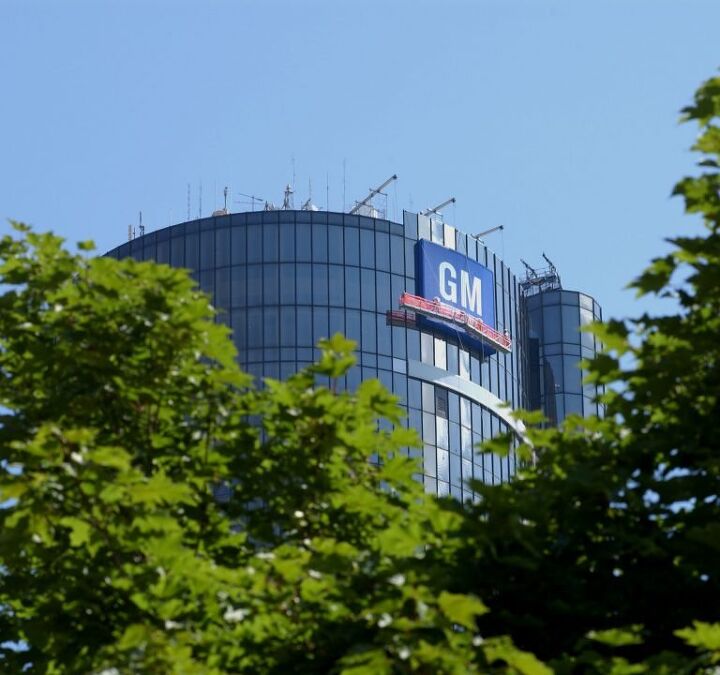


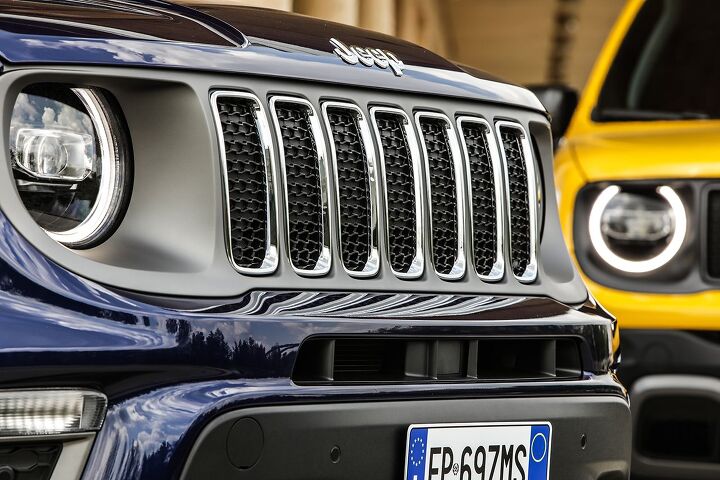


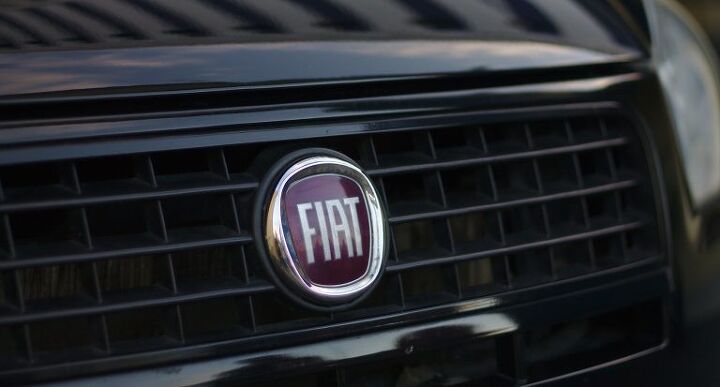



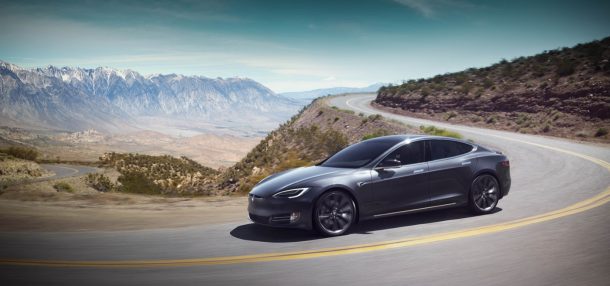
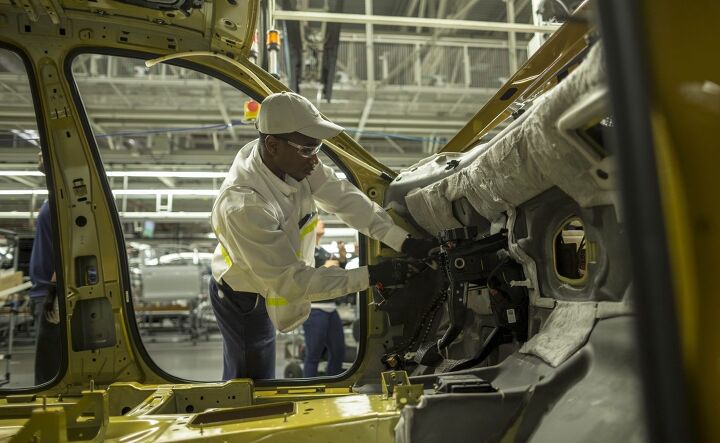

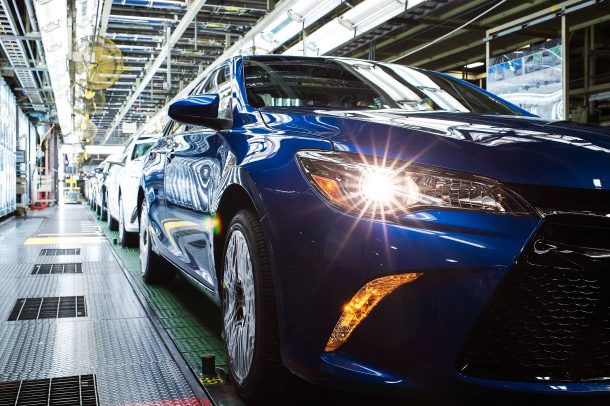












Recent Comments